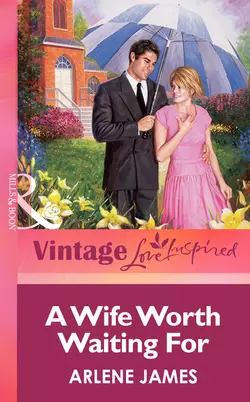A Wife Worth Waiting For

Arlene James
Тип: электронная книга
Жанр: Современные любовные романы
Язык: на английском языке
Стоимость: 458.46 ₽
Статус: В продаже
Издательство: HarperCollins
Дата публикации: 16.04.2024
Отзывы: Пока нет Добавить отзыв
О книге: EVERYDAY MIRACLESTHE WIFE WAITWidow Clarice Revere was grateful to the Reverend Bolton Charles. The handsome minister had been a father figure to her son, generously given her his friendship and elicited feelings she′d long forgotten. But Clarice–who′d always lived in the shadow of domineering men–couldn′t trade her newfound freedom for love.Putting his trust in God′s plan, Bolton set out to convince Clarice she was the wife he′d been waiting for. He only hoped his patience proved as limitless as his love….Everyday Miracles: Each day brings new tests for young Reverend Charles and his congregation. But with faith, they find miracles are everywhere–even the miracle of love.Welcome to Love Inspired™–stories that will lift your spirits and gladden your heart. Meet men and women facing the challenges of today′s world and learning important lessons about life, faith and love.